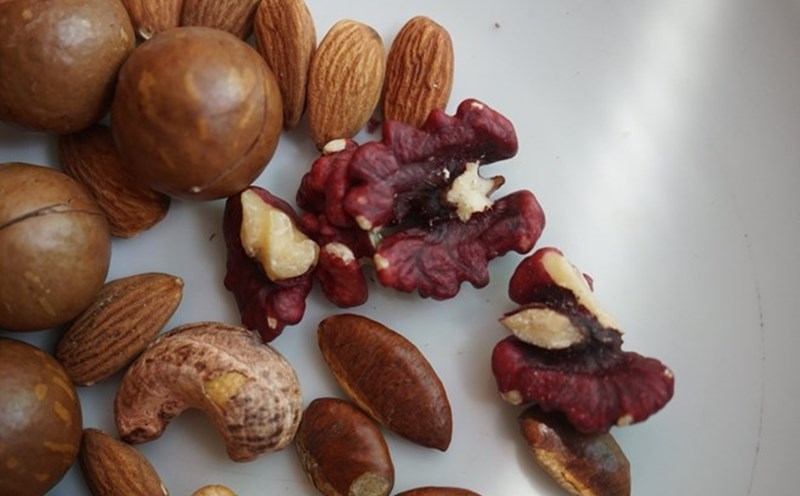Protein and its role in muscle recovery
Strength training is only half of the journey to build muscle, the other half comes from proper nutrition. Protein is an important nutrient because it is directly involved in muscle synthesis.
Dr. Stuart Phillips, Professor of Kinesiology at McMaster University ( Canada), emphasizes: A full supply of protein, especially rich sources of leucine such as milk and fish, can maximize muscle synthesis after exercise.
In the recommended list, low-fat milk and chocolate milk are popular choices because they provide leucine, calcium, vitamin D and potassium. Greek yogurt is also a rich food in protein, which can be used with nuts to increase calories.
In addition, chicken, lean beef, salmon and tuna are a source of high-quality animal protein. Salmon not only provides 30g of protein per serving but is also rich in omega-3, which helps reduce muscle inflammation. Meanwhile, lean beef contains natural createdine, which helps improve muscle strength.
Sources of plant protein and supplements starch
For those who prefer a healthy diet, beans, whole grains and nutritious seeds are indispensable choices. A cup of lentils contains up to 18g of protein and 15g of fiber, which both provides energy and aids digestion.
Nuts such as walnuts, almonds, cashews are rich in unsaturated fats, vitamin E, and magnesium, which help supplement calories easily. Seed butter (peanut butter, almond butter) is also a convenient food to add protein and healthy fats to your diet.
In addition, potatoes, brown rice, quinoa, oats and pasta provide a rich source of carbohydrates, the main fuel for the training process. When high-quality starch is combined with protein, the body has the conditions to recover and develop muscles more effectively.
Sports nutritionist Nancy Clark, author of the Sports Nutrition Guidebook, said: Combining carbohydrates and protein in post-workout meals is a golden formula for muscles to absorb nutrients quickly, while recovering the consumed glycogen.
Advice for athletes and practitioners
To achieve muscle growth, you should eat a variety of the above foods instead of focusing on just one group. Each meal should be balanced with protein, carbohydrates and healthy fats, along with lots of green vegetables and fruits to supplement micronutrients.
More importantly, allocate meals throughout the day appropriately, do not leave an empty stomach after exercise. Maintaining a stable source of energy and nutrients will help muscles develop sustainably.











